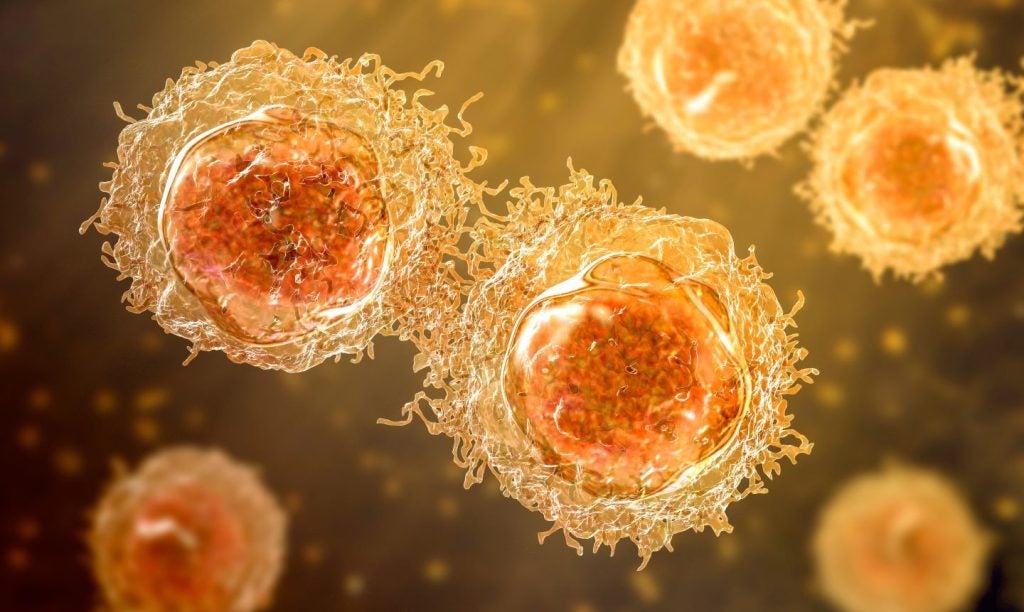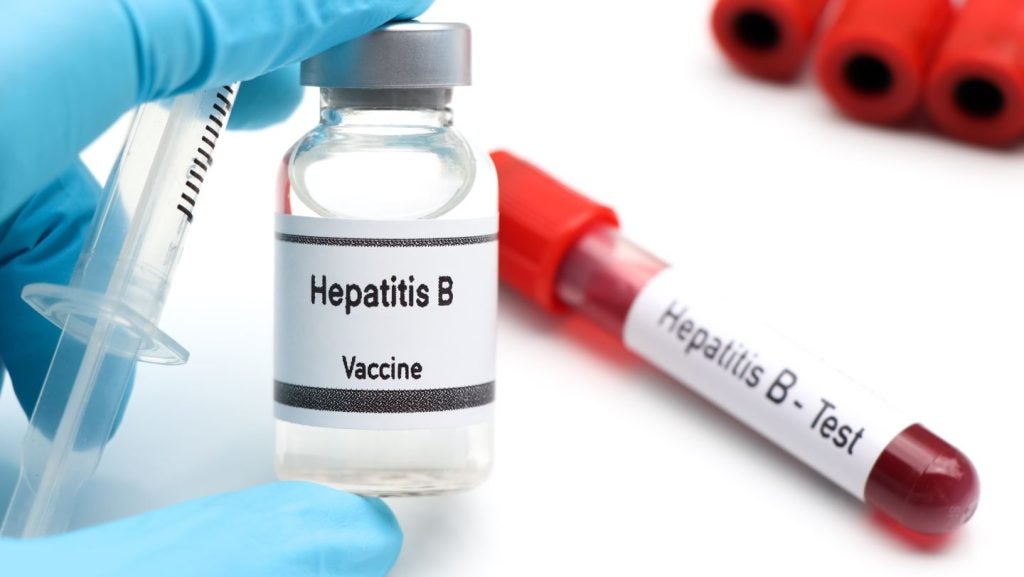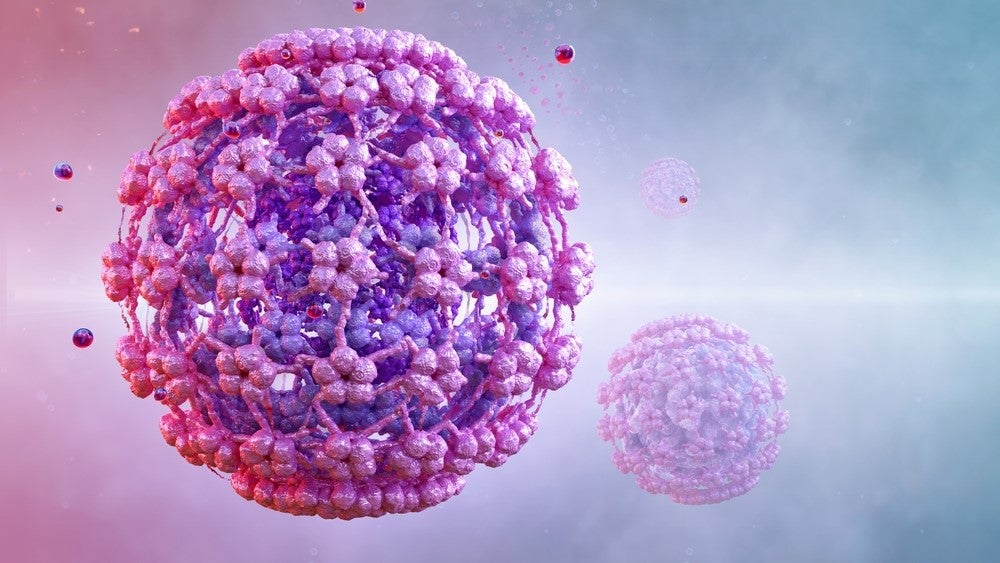
Amgen has reported initial data from a Phase I clinical trial assessing an investigational KRASG12C inhibitor for the treatment of solid tumours.
Called AMG 510, the therapeutic did not show any dose-limiting toxicity and demonstrated anti-tumour activity when given as a monotherapy to patients with locally advanced or metastatic KRASG12C mutant solid tumours.
KRAS is an oncogene that has limited druggability due to its lack of traditional small molecule binding pockets on the protein. It is found in multiple tumour types, including those associated with lung and colorectal cancers.
Amgen research and development (R&D) executive vice-president David Reese said: “AMG 510 seeks to crack the KRAS code by exploiting a previously hidden groove on the protein surface. By irreversibly binding to cysteine 12 on the mutated KRAS protein, AMG 510 is designed to lock it into an inactive state.
“With high selectivity for KRASG12C, we believe investigational AMG 510 has high potential as both a monotherapy and in combination with other targeted and immune therapies.”
How well do you really know your competitors?
Access the most comprehensive Company Profiles on the market, powered by GlobalData. Save hours of research. Gain competitive edge.

Thank you!
Your download email will arrive shortly
Not ready to buy yet? Download a free sample
We are confident about the unique quality of our Company Profiles. However, we want you to make the most beneficial decision for your business, so we offer a free sample that you can download by submitting the below form
By GlobalDataThe first-in-human, open-label, multi-centre Phase I clinical trial evaluated 180mg, 360mg, 720mg and 960mg doses of the drug candidate in a total of 35 patients.
Of the total subjects, 14 had non-small cell lung cancer (NSCLC) and 19 had colorectal cancer (CRC). Participants were pretreated with at least two or more lines of therapy.
The primary endpoint of the trial was drug safety, while key secondary endpoints included pharmacokinetics (PK), objective response rate (ORR), duration of response and progression-free survival (PFS).
According to the results, five out of ten evaluable NSCLC patients achieved a partial response (PR) and four had stable disease (SD), demonstrating a disease control rate (DCR) of 90%.
All five patients that experienced a response had therapy duration of 7.3-27.4 weeks at data cutoff. One patient with partial response improved to a complete response at week 18, which is post data cutoff.
Investigators reported that 13 of 18 evaluable subjects with CRC achieved stable disease. Of the total patients, 26 remain in the trial and nine have discontinued.
During the trial, treatment-related adverse events (AE) were primarily grade 1 events, with grade 3 drug-related AEs being anaemia and diarrhoea.
The data did not show any grade 4 treatment-related AEs or serious treatment-related AEs.








